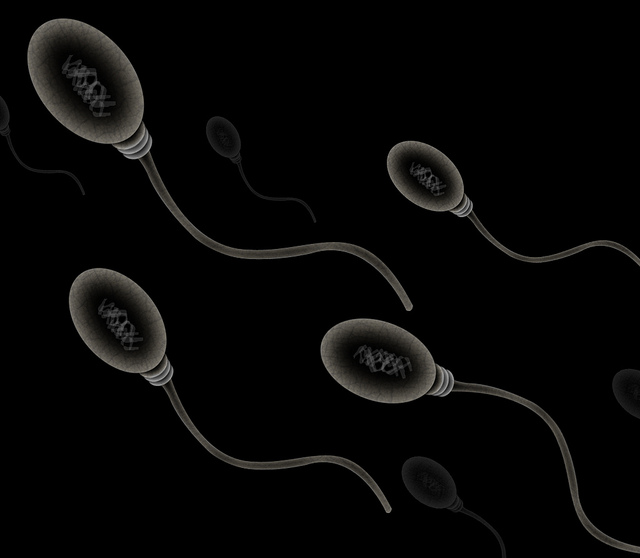Aggregated News

Since 2000, the Donor Sibling Registry (DSR) has connected more than 14,000 donor-conceived individuals with their donors and half-siblings. We've helped them to create and explore these new familial relationships and to better understand their ancestry and learn about their medical backgrounds. The DSR has also helped to eliminate much of the stigma associated with being a gamete donor or donor-conceived person. Behind the scenes, the DSR's research, education, and counseling service have provided the momentum for the establishment of positive reforms in the egg-donation and sperm-banking industries around the world.
We ask: 'What is in the best interests of the child to be born?' Our many research surveys, which reach thousands of donors, parents and donor offspring, have helped to answer this fundamental question. We are interested in the views of all those involved, particularly regarding medical issues, donor anonymity, and connecting with donor relatives. For almost 10 years, the DSR has partnered with researchers and universities around the world, including Cambridge in the UK, to publish more than two dozen peer-reviewed research papers on parents, donors...



